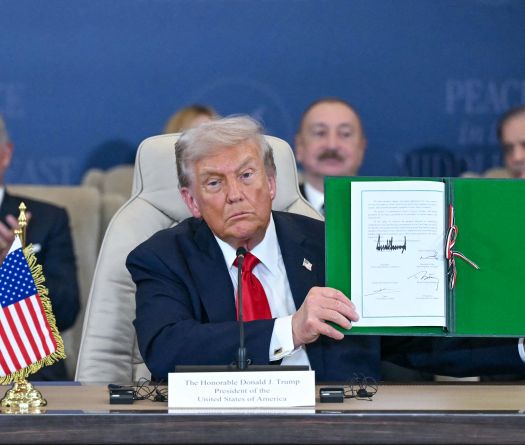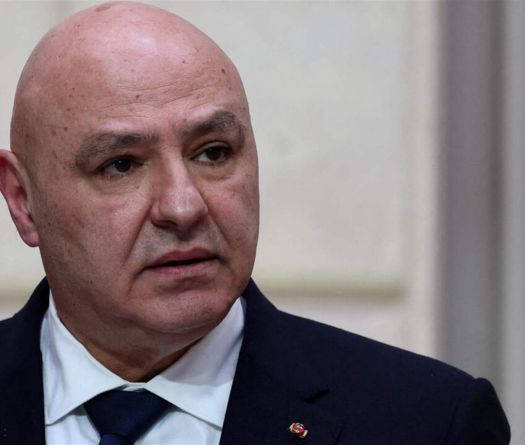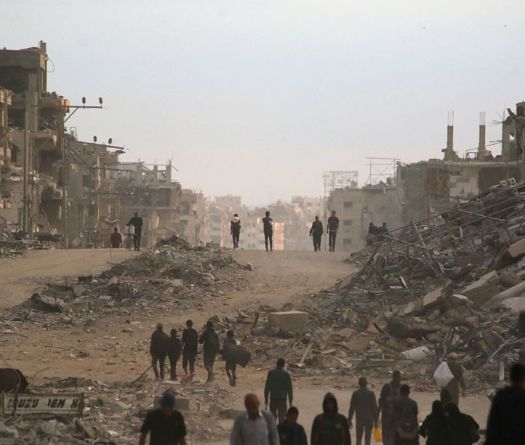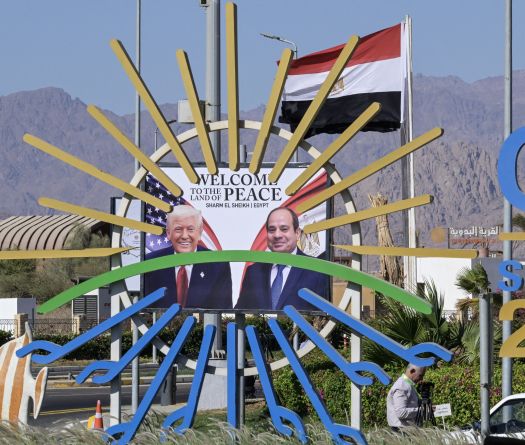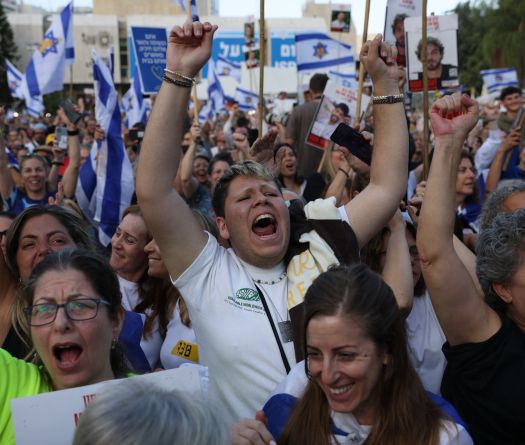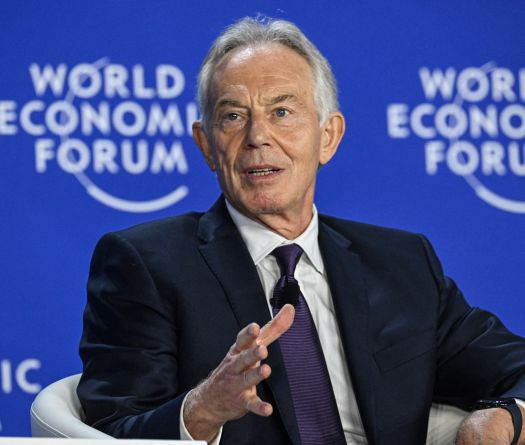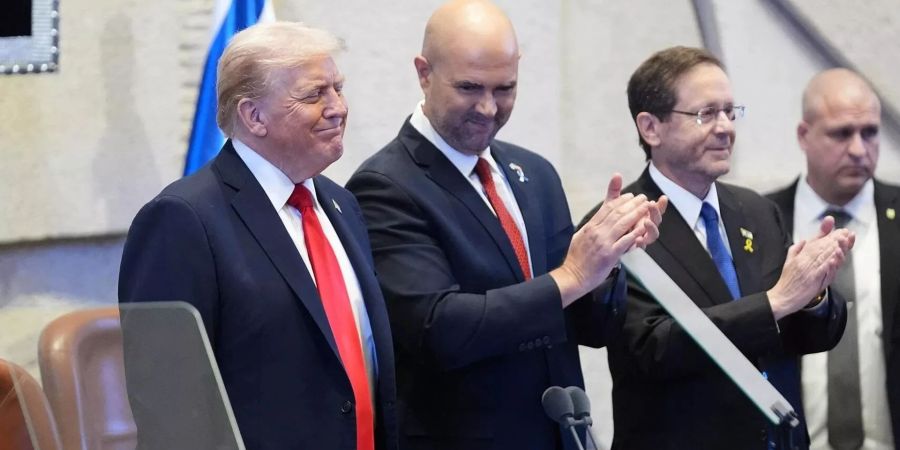Trump in Israel: 'The Historic Dawn of a New Middle East'
- 13/10/2025
- 0 comments
“The historic dawn of a new Middle East and the end of the era of terrorism.” These words could summarize the speech delivered on Monday afternoon by US President Donald Trump at the Knesset, the Israeli Parliament. Described by observers as “historic,” this address provided an opportunity for the US president to call on Israel and the ...
Read more
